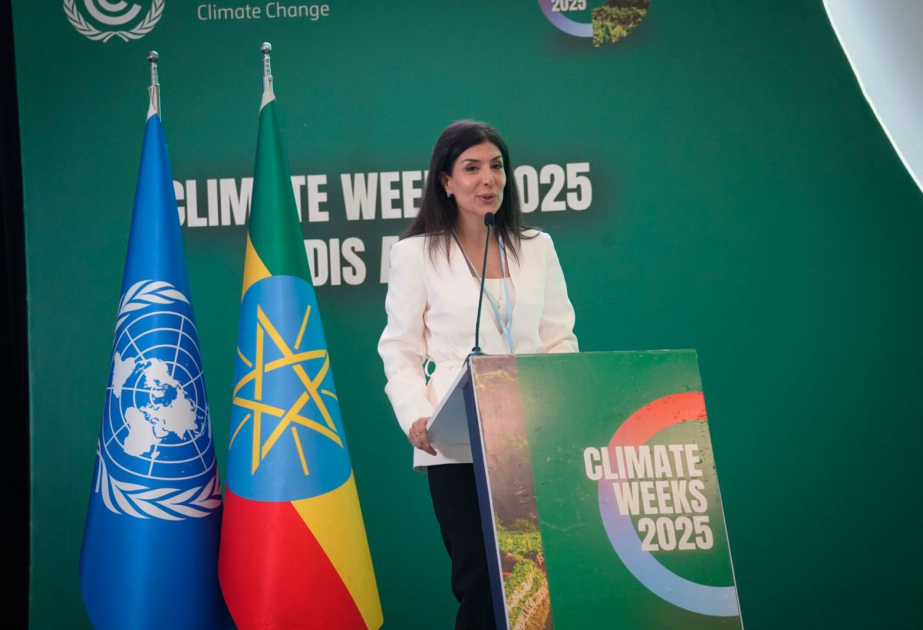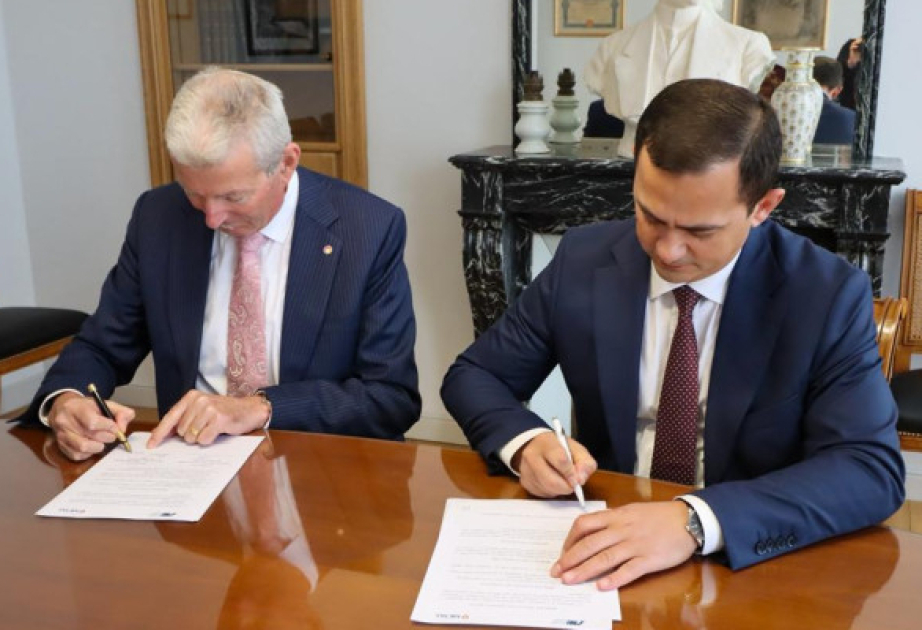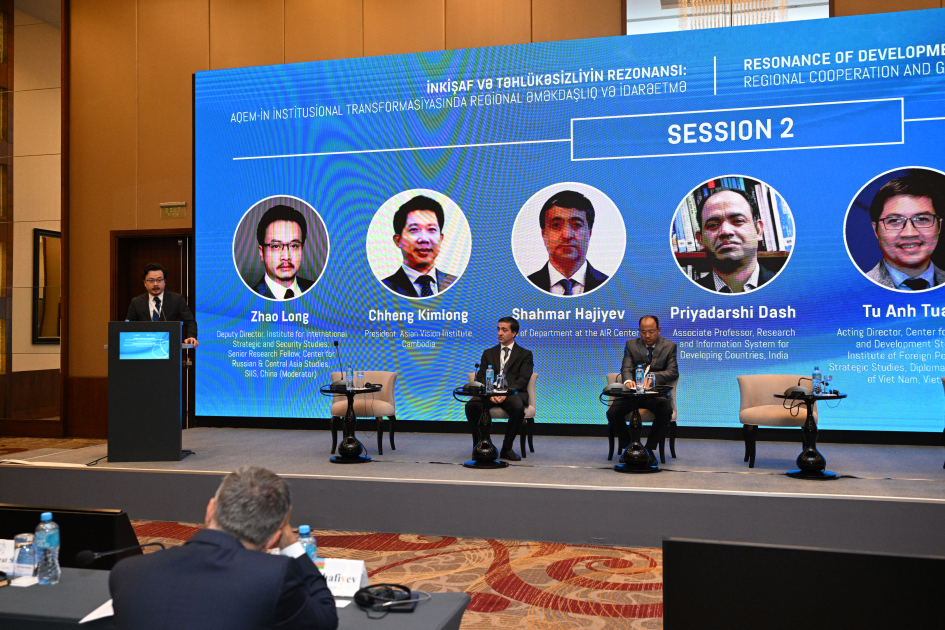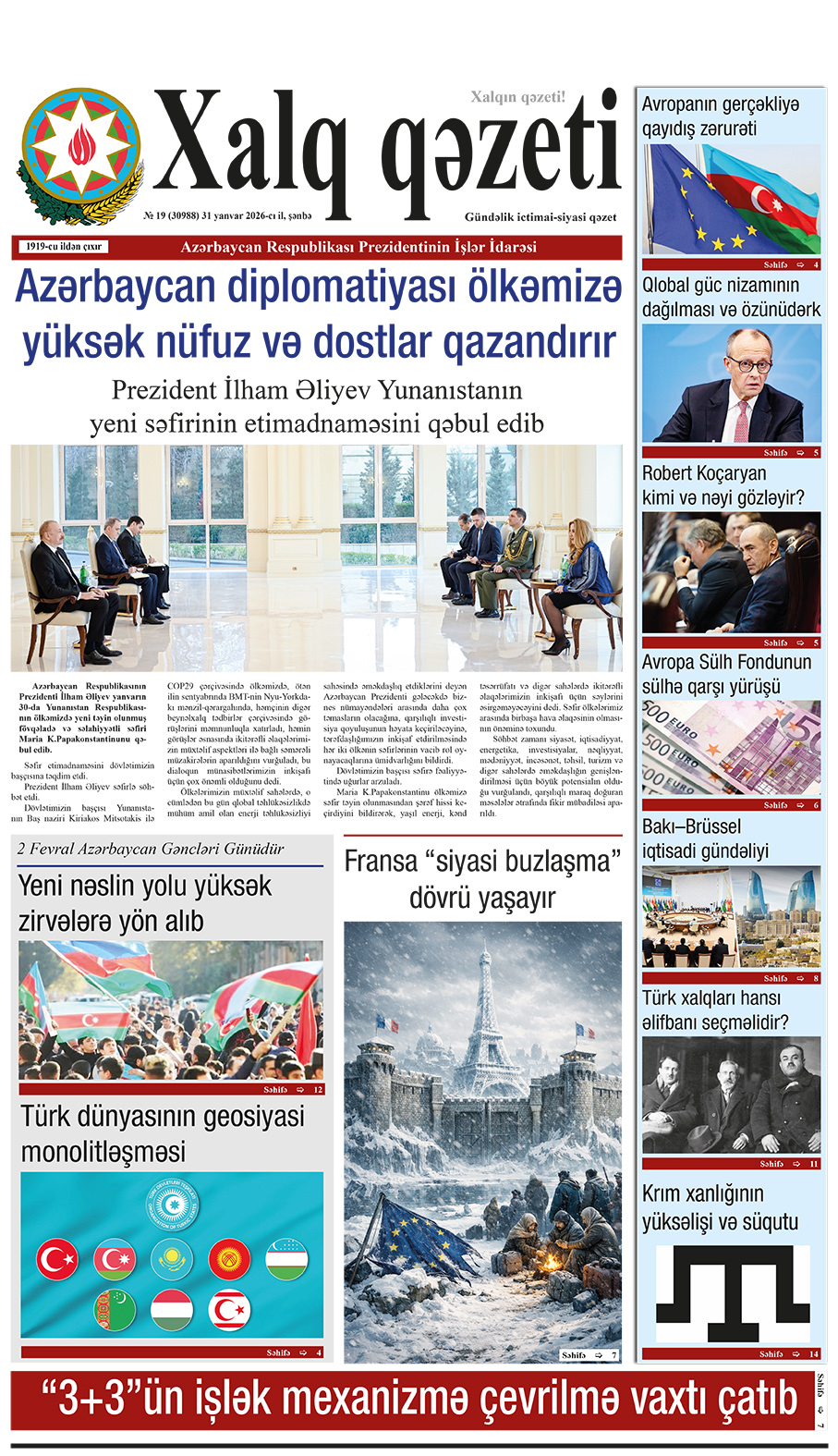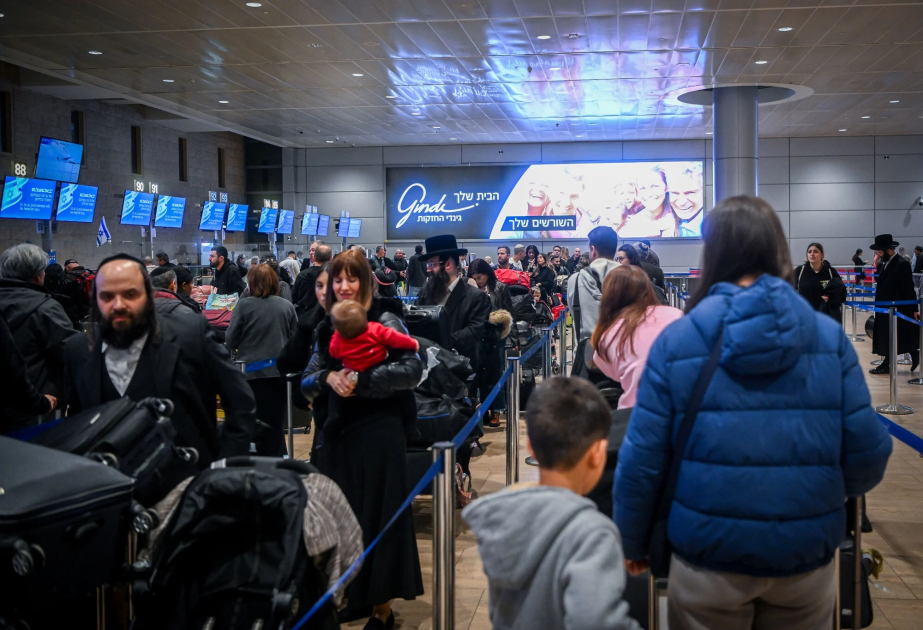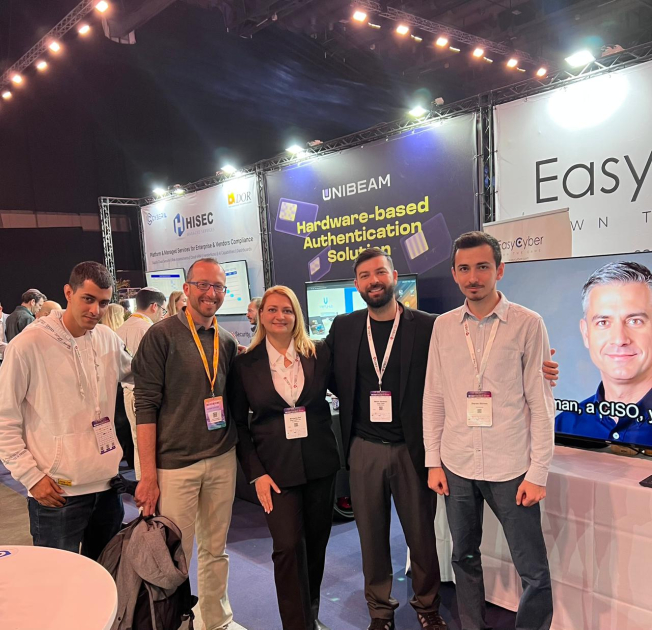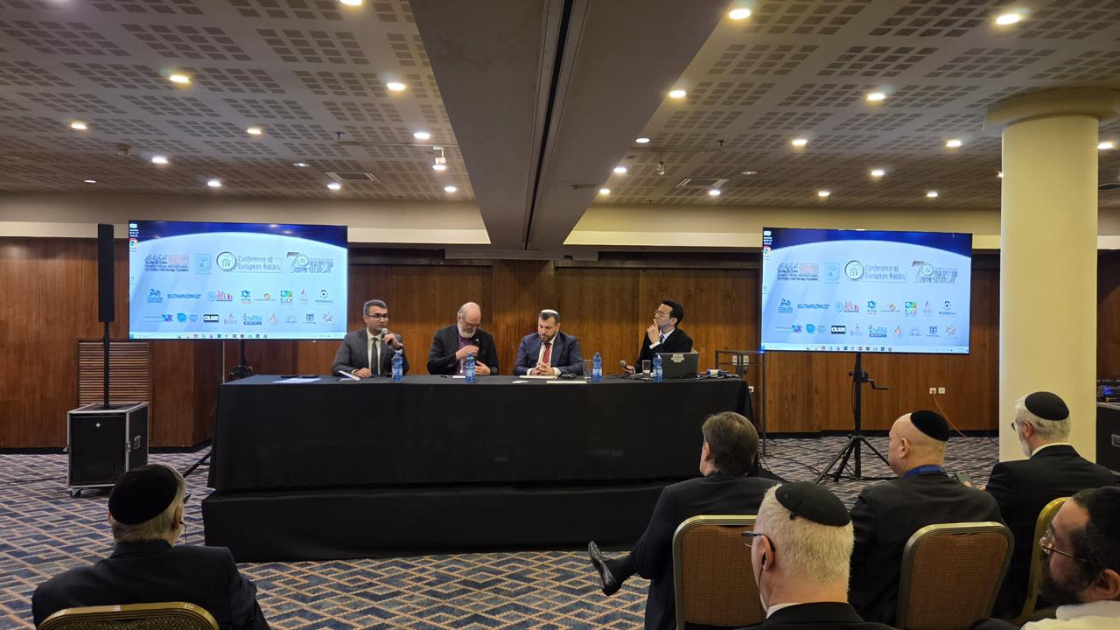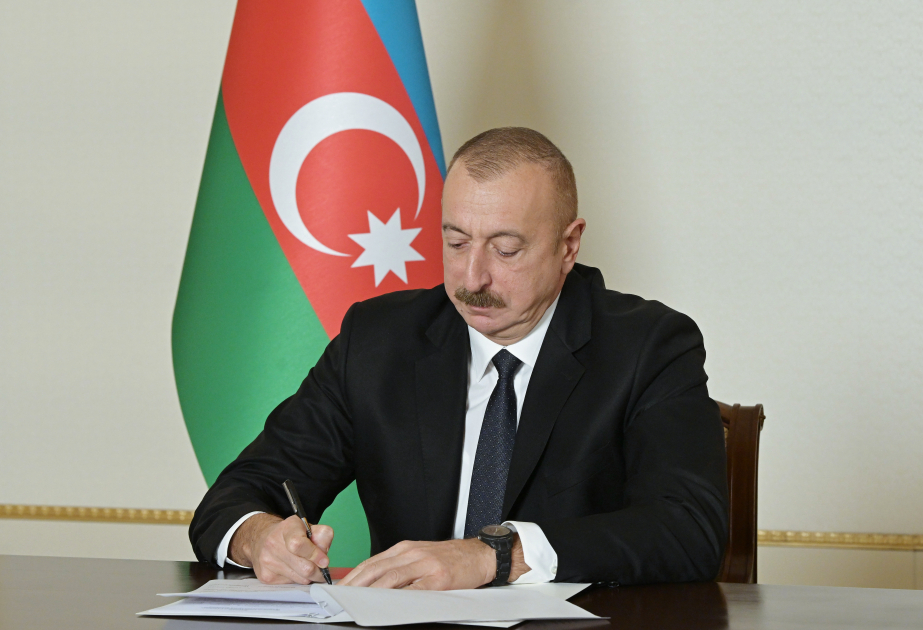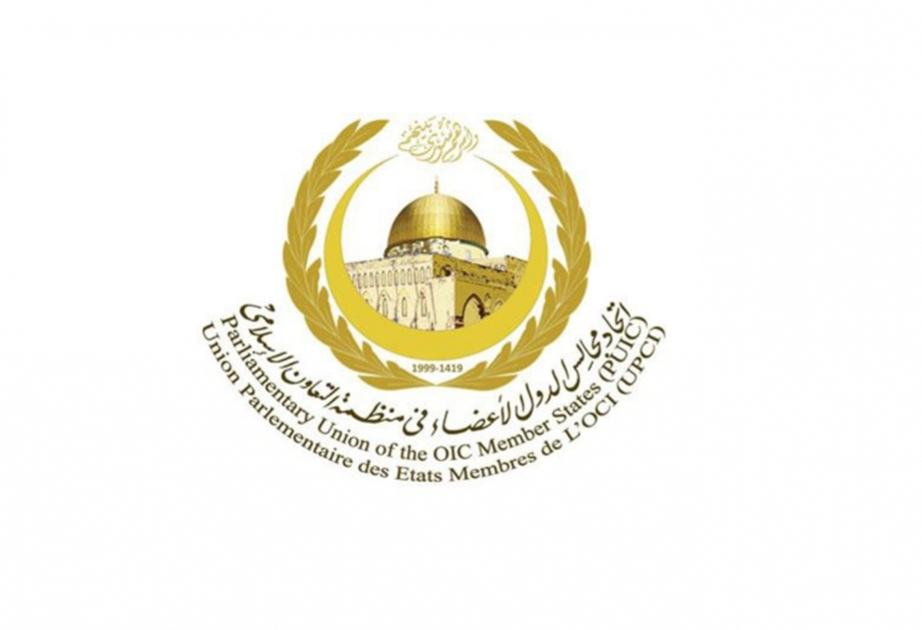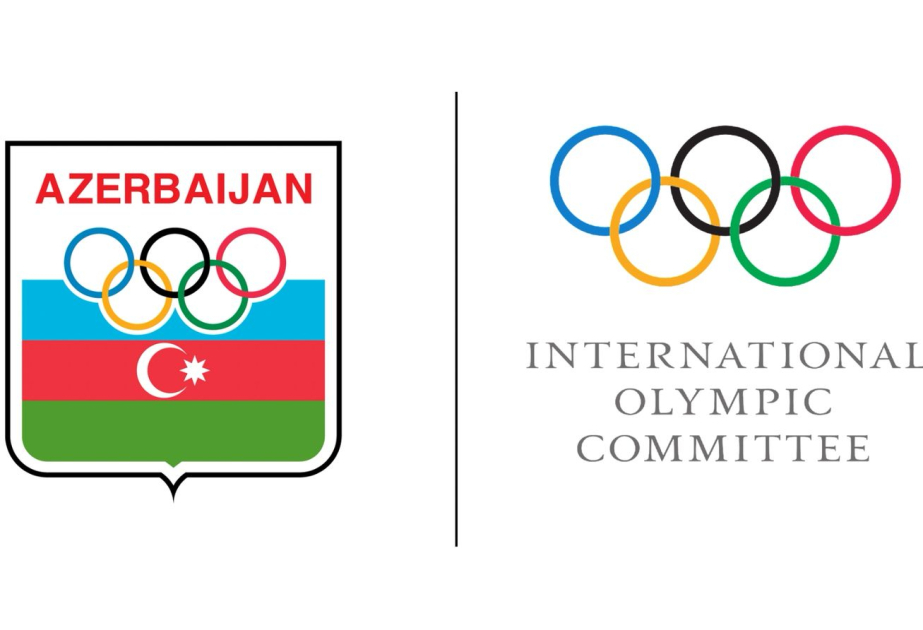“The world today is unbalanced and fragmented. It’s filled with mistrust, conflict and sovereign egoism. With this in mind, it is doubly important that we managed to collectively take a number of historic decisions at COP29,” said Nigar Arpadarai, UN Climate Change High-Level Champion for COP29 Azerbaijan, as she addressed the opening ceremony of the Second Climate Week (CW2) taking place in the Ethiopian capital of Addis Ababa.
“We delivered groundbreaking decisions with the potential of promising results for climate action. We were guided by the principle of fairness to all and supporting the most vulnerable and least equipped to respond. We did our best to make sure that COP29 became a platform where the voice of Global South is heard and at the same time, the goals of COP remain in the focus of the work we do,” the UN Climate Change High-Level Champion for COP29 Azerbaijan noted.
“Our commitment to climate action must remain steadfast, and the promises already made must be honored in ways that drive real progress toward our shared goals. We must lead by example, demonstrating how both small and large nations can collaborate effectively under a clear and fair set of rules.
As we navigate an evolving global landscape—marked by demographic shifts, trade tensions, and a renewed arms race—we must also confront the transformative power of emerging technologies. In particular, the ongoing revolution in artificial intelligence presents both immense opportunities and serious risks. We must ensure that AI becomes a tool for empowerment, enabling broader access to opportunity across nations, rather than becoming a vehicle for digital imperialism.
I firmly believe that technological advancement holds the key to revitalizing the Green Agenda. Innovation, driven by human talent and new economic opportunities, should be our focus—rather than relying solely on regulation and restrictions.
COP as a process is unique as it spans over decades and continents. It represents humanity’s largest systemic effort to overcome self-interest and develop a collective plan grounded in accountability and self-restraint.
To succeed, the COP process requires more than just time and financing — it demands fairness and honesty from all stakeholders.
To remain effective, it must continuously reinvent itself.
In this context, the finalization of the multi-year process on the New Collective Quantified Goal (NCQG), also known as the Baku Finance Goal, was a major milestone. That sets a target of at least $300 billion per year by 2035 to developing countries, lay out a bold ambition to scale up climate finance to at least $1.3 trillion per year by 2035. Together with the incoming COP30 Presidency, we are working on our key cross-presidency mandate: the Baku-to-Belem Roadmap to $1.3 trillion.
Second, we need everyone to pursue the highest possible ambition in the next round of Nationally Determined Contributions (NDCs). However, these new NDCs must not become mere aspirational documents. They should set out concrete, implementable targets advancing the goals of the Paris Agreement,” Nigar Arpadarai underlined.
According to her, alongside the Baku Finance Goal, key decisions in Baku included agreements on Article 6, gender, adaptation, mitigation. We got the Loss and Damage Fund up and running and ready to distribute money in 2025 and many other critical achievements.
“In this context, among many more steps, we need donor countries to set out how they are going to contribute their fair share towards mobilising the 300 billion by 2035 that they promised in Baku. This is essential to maintaining confidence in the multilateral process.
In this pivotal moment, it is imperative that the commitments made in Baku and prior are honoured, lessons are learned in the fights against climate change and its devastating impacts, ensuring that no one is left behind.”
“I would also like to mention that COP29 Presidency is hosting events on the margins of this Climate Week, with a particular focus on Africa. Among these is a high-level event dedicated to addressing Africa’s special needs and circumstances, which will take place on September 6 here in this building. This event is organized in line with the commitments made by the COP29 Presidency to raise awareness of Africa’s unique challenges throughout the year,” UN Climate Change High-Level Champion Arpadarai concluded.


